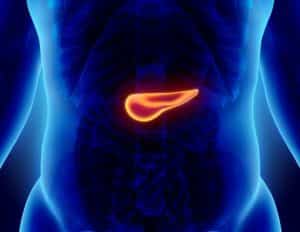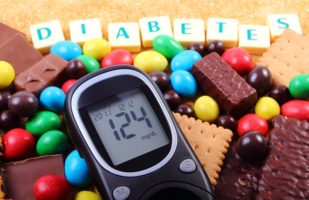Challenging Diseases/illnesses/Conditions
6 Ways to Manage Sarcoidosis
Sarcoidosis is an inflammatory disease that causes small lumps of cells to form in various parts of the body. These lumps are called granulomas. The most common parts of the body for granulomas are the skin, lungs, lymph nodes, and eyes. However, they can form anywhere. Unfortunately, there is no cure for the condition, but…
Read MoreWhy Diabetics Need to Avoid the Flu
Though summer has just ended, flu season will be coming soon. Older adults are often more susceptible to the flu because of weakened immune systems. Unfortunately, they can also suffer from some serious complications. For diabetics, getting the flu can be even more problematic since it can affect blood sugar. In fact, according to the…
Read MoreHow Can Elderly Care Help a Senior with Diabetes Pursue Their Weight Goals?
If you are a family caregiver for one of the more than 30 million people throughout the United States who are currently living with diabetes, one of the recommendations that you are likely to have received is to help your senior lose weight. If your senior is overweight or obese, they are at increased risk…
Read MoreFrequently Asked Questions About Pancreatic Cancer
When adult children take on family caregiving duties for their elderly parent, it is an excellent time for people of all ages to learn more about the common diseases that affect aging adults. Pancreatic cancer is the third leading cause of cancer-related deaths in the United States. However, it is not as well-known as other…
Read MoreWhy Is Your Senior with Heart Failure Feeling Fatigued?
Awareness is one of the most important tools that you will use in your journey as a family caregiver to ensure that you are giving your aging loved one the care that they need. This is especially important if they are living with a health condition or challenge that impacts their daily life. This awareness…
Read MoreTips for Making Record Keeping Part of Your Care for a Senior with Heart Failure
In your role as a family caregiver, your primary responsibility is to help your loved one to manage their health and well-being, and live their highest quality of life possible as they age in place. This is especially important if your parent is living with a particular health condition that requires careful treatment and management,…
Read MoreWhat Is Heart Failure?
As a family caregiver, hearing the term heart failure can be frightening. This term might make it sound as though your parent’s heart has stopped working, it will no longer work, it has stopped, or there is nothing that can be done to help your parent’s heart work any longer. This is not really the…
Read MoreWays to Keep Your Elderly Loved One Sleeping Well with COPD
If your elderly loved one has COPD, you might have noticed that sometimes her sleep can be hit or miss. There are a variety of reasons that this can be the case and it can take some digging to get to the full answer for your loved one. Talk to Your Loved One’s Doctor Your…
Read MoreDo You Know the Signs of Hypoglycemia?
People with diabetes sometimes experience hypoglycemia (also called low blood sugar or low blood glucose) because of treatments for diabetes. In general, when a person’s blood sugar levels drop below 70 mg/dl, they become hypoglycemic and need immediate assistance to bring blood sugar levels back to a normal range of between 70 and 110 mg/dl.…
Read MoreWhat is Rheumatoid Arthritis?
Rheumatoid arthritis (RA) affects more than 1.5 million people in the United States. It’s a painful condition that can make mobility difficult. If your elder parent has been diagnosed with RA, you may be wondering what that means and if help is available. Arming yourself with knowledge about RA is the first step in ensuring…
Read More









